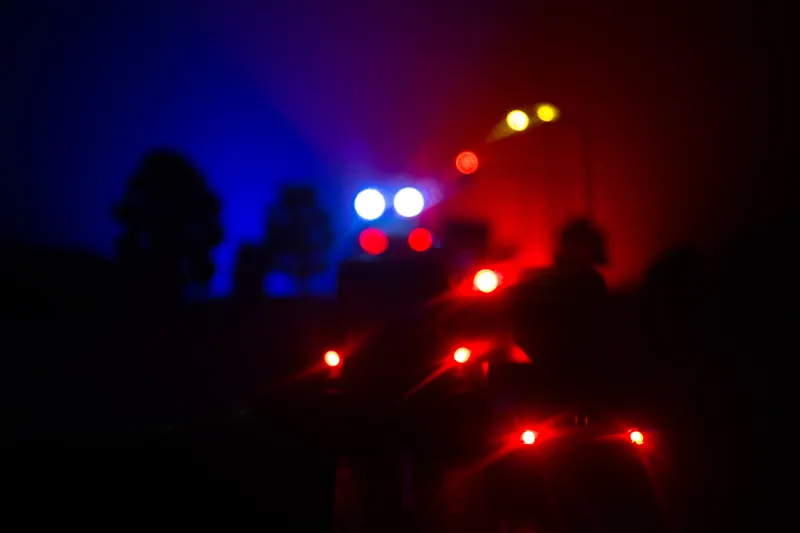Q-Free is highlighting the power of ‘cross pollination’ in Bordeaux and its smart parking exhibit on its stand at World Congress is a prime example. The system uses ANPR to record vehicles entering and exiting a car park without the use of a barrier and offers cashless payment for account holders.
October 8, 2015
Read time: 2 mins

According to the company, there are significant savings for the car park operator as there is no need to install and maintain raising barriers, ticket dispensers and, potentially, cash payment machines. In terms of enforcement, a change in legislation similar to that needed for free-flow tolling, will be required.
One such system has been installed in Sweden at the 1,400 space car park at the Ericsson Globe Indoor Arena where large numbers of motorists want to exit at the same time after an event has finished, causing queues at the payment machines and barriers. The new system not only allows drivers to enter and exit quickly without having to wait for a ticket to be issued/validated or the barrier to rise, it also allows them to leave without paying, to avoid queueing at the payment machines, and to do so online within 72 hours.
Those who wish to pay at the time can do so using one of 21 touchscreen payment kiosks and their registration details are instantly deleted. Data regarding the number of vehicles exiting the car park is also available to feed into the traffic control system.










